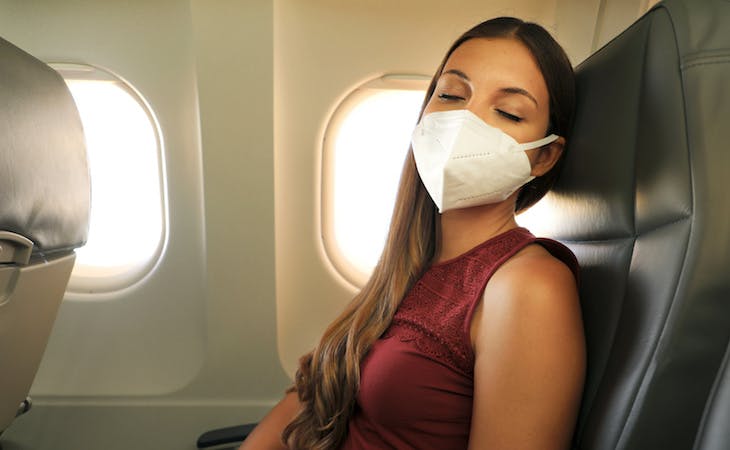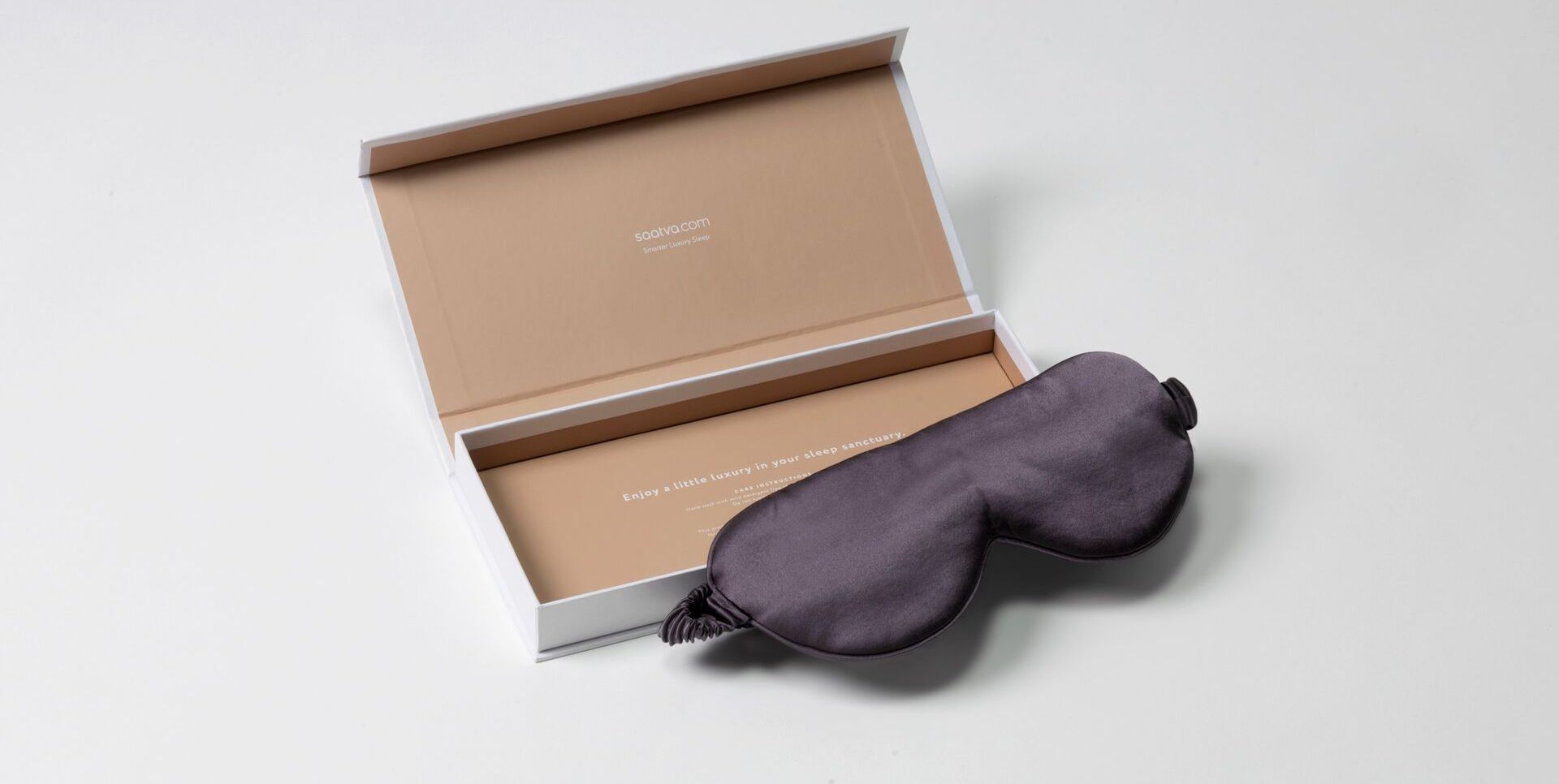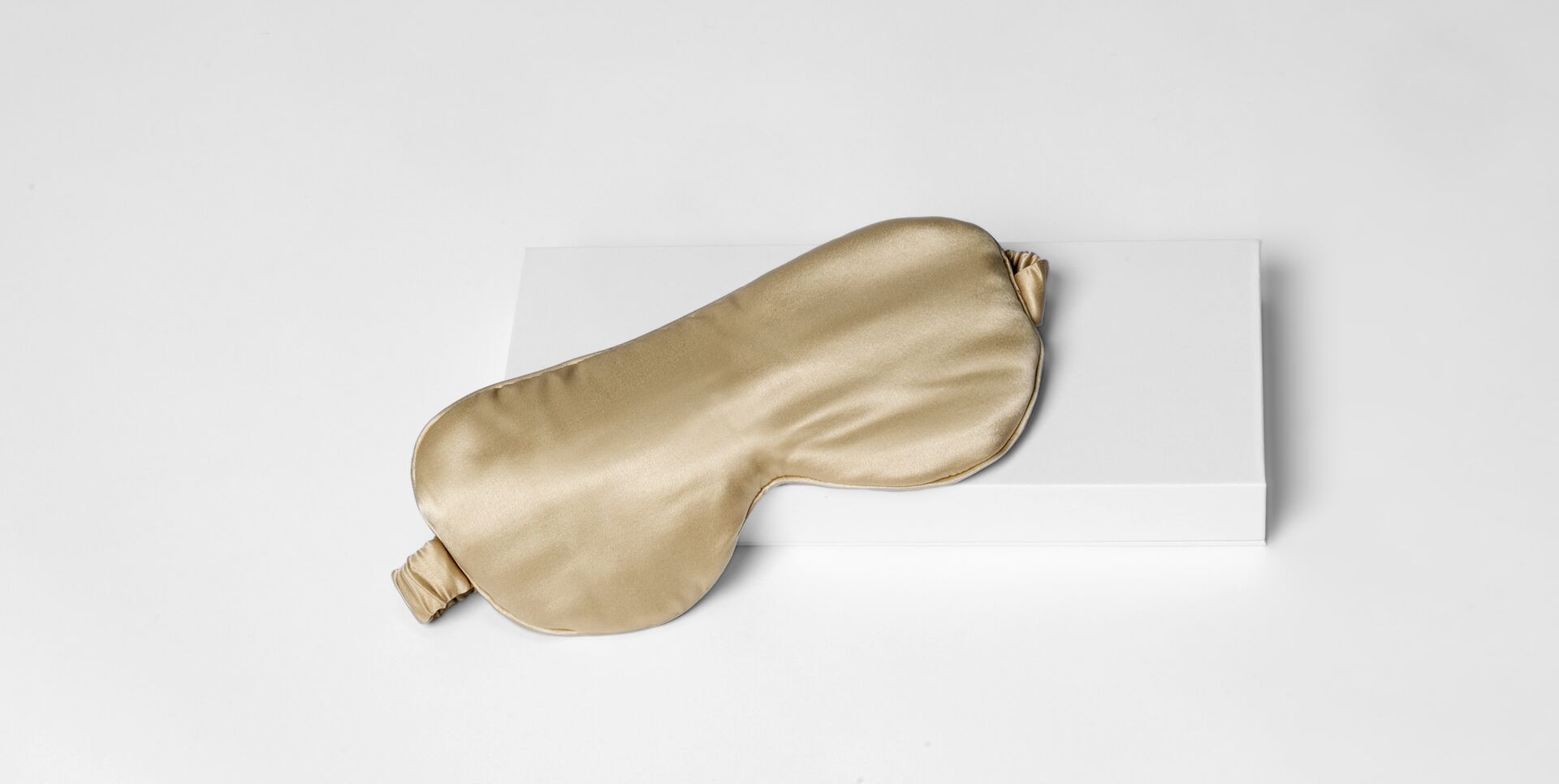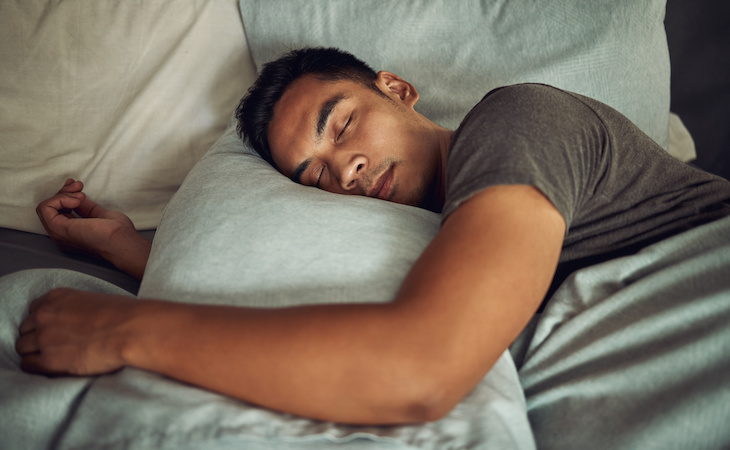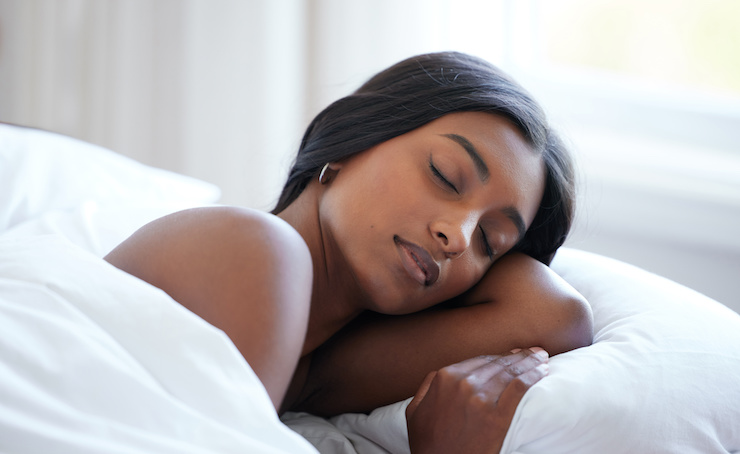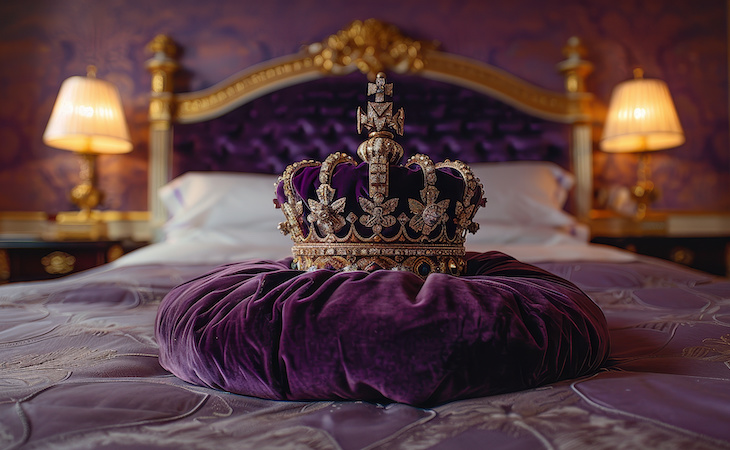Getting a full eight hours of sleep while traveling can be as precarious as making your connecting flight. And with new COVID regulations making travel even trickier, it’s never been a more stressful time to board a plane or take that family road trip.
Luckily, there are plenty of tips to teach you how to sleep well while traveling. Below, we share our advice for combatting jet lag, sleeping better in a hotel, and more.
How does travel impact your sleep?
While transformative, travel can also transform the way you sleep—and not in a good way. From jitters the night before a big flight to sleeping in an unfamiliar setting, there are dozens of factors that can affect how you sleep while traveling.
Here are a few of the myriad ways travel can lead to a lousy night’s rest.
Travel fatigue
The physical and mental stress of travel minutia can lead to travel fatigue. Some symptoms include headache, excessive tiredness, and, of course, trouble sleeping while traveling.
What brings about travel fatigue? You name it. Anxiety around fear of flying or losing your passport and everything in between is a leading cause of the inability to sleep while traveling.
Sitting upright on a long-haul flight or indulging in one too many drinks or cups of coffee is another major cause of travel fatigue.
Jet lag
We’ve all been plagued by jet lag. Your circadian rhythm gets out of whack when flying across time zones, disrupting your typical sleep pattern.
The more time zones you cross, the worse your jet lag is likely to be. When heading to Asia or Australia, fight the urge to sleep your way through lunch.
New sleep settings
Change is hard, especially when it comes to your bed. Research shows your brain loves familiar things, which, in turn, help you feel safe and relaxed. It’s no surprise then that new sleep settings can throw you off your sleep patterns.
Maybe the mattress is too hard and the pillow too soft. Perhaps the curtains aren’t blackouts like the ones you have at home. Either way, it takes time for your body and your sleep cycle to adapt to a new environment.
Changes to routine
When you travel—whether for work or pleasure—your everyday routine doesn’t apply. While you’re away from home, you tend to dine out more than usual, often eating more indulgent foods. And we don’t blame you if you replace your daily exercise routine with a nap by the pool.
No matter how pleasurable these experiences may be, though, they often mean you won’t sleep well while traveling.
How to sleep well while traveling
Now you know all the reasons why you can’t sleep while traveling—but don’t worry, there are plenty of ways to help you sleep while you’re on the road.
From essential oils to scheduled naps and plenty of sun, here’s the how-to on sleeping well while traveling.
Stick to your regular bedtime routine
There’s comfort in routine. After all, we are creatures of habit. So do your best to follow the same nightly routine you use at home, be it your regular skincare regime or reading a chapter or two before lights out.
Pack products to help you sleep
If you know you can’t sleep while traveling, come prepared. Make room in your suitcase for a white noise machine to help lull you to sleep and keep you asleep. If your flight requires an overnight, pack a comfy sleep mask and lavender essential oils to help increase the amount of deep sleep in your cycle.
Take naps
A short nap doesn’t just improve your mood but your alertness too. Whatever you do, though, don’t sleep for more than 30 minutes. Otherwise, you may have a hard time waking up and staying up.
Eat and drink wisely
Plane rides can lead to dehydration, so it’s essential to drink a lot of water before, during, and after a flight. It’s also best to avoid big, heavy meals before boarding, as well as caffeine. Although you’re on vacation, drinking can also worsen sleep.
Get some sunlight
Sun gives you vitamin D, and a healthy dose will help your body reset its clock to better adjust to your new environment. Just remember to wear sunscreen; a bad sunburn can make for a painful and restless night’s sleep.
Move your body
Exercise is essential for falling asleep and waking up rested. But you don’t have to do an intense HIIT class to move your body. Instead, go for a walk or a swim for 20 to 30 minutes to get a better night’s sleep while traveling.
Travel in style
If you’ve got a long-haul flight coming up or a lengthy train ride, traveling in style can help you sleep better. The ability to lie flat on a business class seat and grab several solid hours of sleep will make all the difference when you land.
We’ve got plenty more tips on how to sleep better on an airplane. So, no matter where you’re traveling, you’ll start off with a satisfying sleep.





